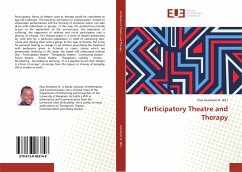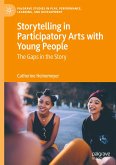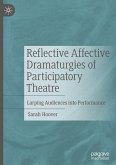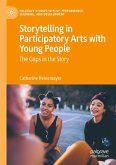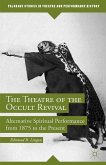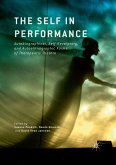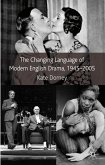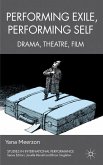Participatory forms of theatre used as therapy could be considered as age-old traditions. The practices are based on improvisation, instant or impromptu performances and the forming of scenarios which can take place with individuals or groups. In this way, the productions provide access to the exploration of the unconscious, the expression of suffering, the experience of relation and incite participants into a process of change. This theatre praxis is a form of theatre production by, with and for a particular population in need of expressing their issues and sharing them with a group. In this type of theatre, the scene for personal healing or change is set without prescribing the treatment with preference given to fictional or comic stories which are emotionally relieving. In this book, the reader will understand notions like: - Participatory theatre - Therapeutic theatre - Community theatre - Prison theatre - Ritual theatre - Therapeutic comedy - Drama - Storytelling - Accordingto Jennings, "It is a popular truism that 'theatre is a form of escape', an escape from the rigours or stresses of everyday life or studies or work."
Bitte wählen Sie Ihr Anliegen aus.
Rechnungen
Retourenschein anfordern
Bestellstatus
Storno

